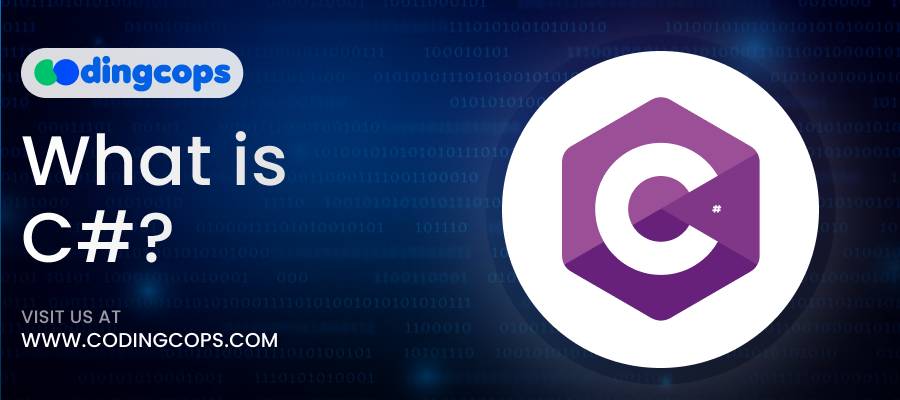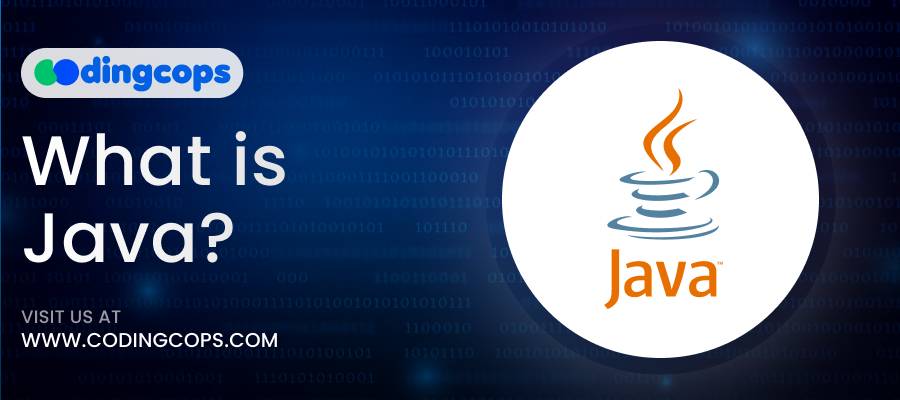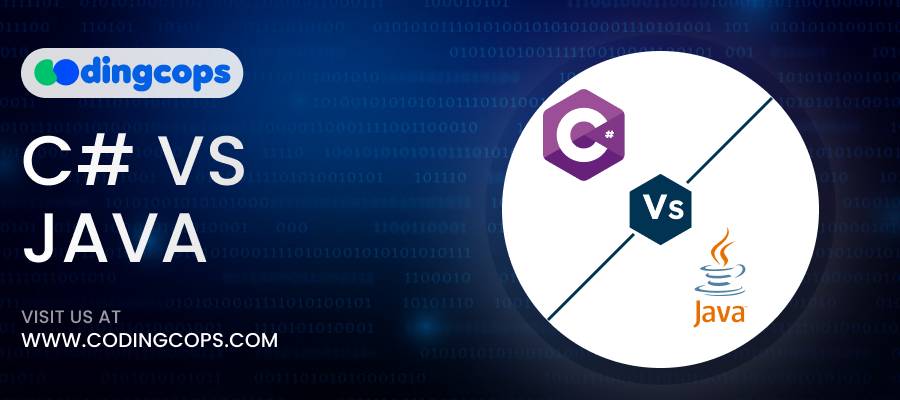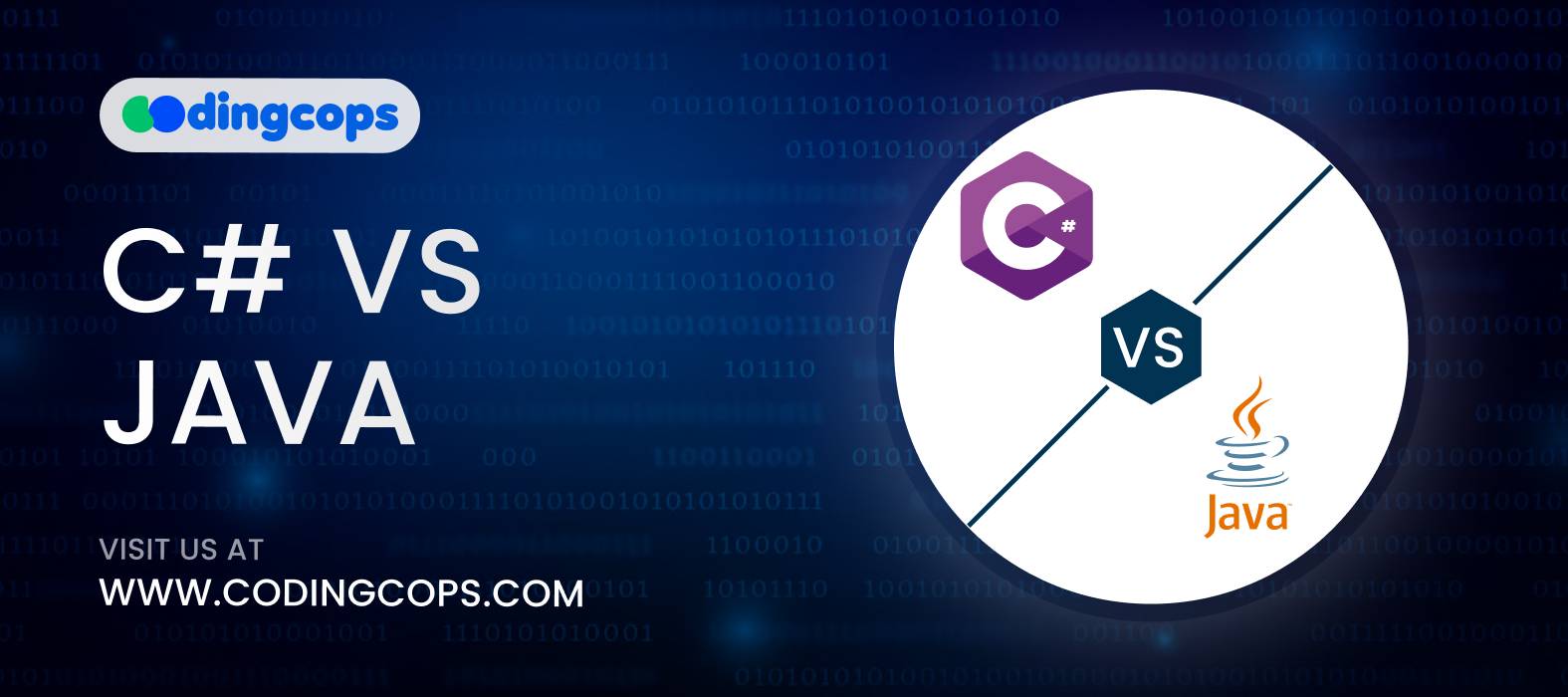When it comes to programming languages, C# and Java often come up in the same conversation. It is because they are very alike in most cases, and therefore, it is hard for amateur developers to pick one over the other when making their decisions.
However, despite these similarities, there are distinct differences that set them apart. The choice of whether you want to Java developers or C# depends on your project needs.
Introduction to C# and Java
Both are C# and Java high-level and object-oriented programming languages that were designed to offer a simplified, secure, and portable coding experience. Java was developed by Sun Microsystems (now owned by Oracle) and released in 1995, with the promise of “Write Once, Run Anywhere” (WORA), meaning you can write your code once and run it on any device that supports Java.
C#, on the other hand, was developed by Microsoft as part of its .NET framework, released in 2000, and aimed at integrating a range of languages under one platform for Windows services.
What Is C#?

When it comes to C# vs Java, C# (pronounced C-Sharp) is a modern, object-oriented, and type-safe programming language. It was developed so as to ensure different types of apps could be built on top of it such as web, mobile, and desktop apps.
One of its main components is its compatibility with the .NET which brings about a large library that a programmer may easily use. Such would help to eliminate much of the code required to develop a complex application.
Unique Features of C#:
Integration with .NET Framework
C# is tightly integrated with the .NET framework, which provides a rich set of libraries and tools for building applications.
Language Interoperability
It supports language interoperability, which allows C# code to interact with code written in other languages in the .NET ecosystem.
Properties and Events
C# includes properties and events as first-class language features, making it easier to implement encapsulation and event-driven programming.
LINQ (Language Integrated Query)
C# introduced LINQ, allowing developers to write queries directly within the C# language, simplifying the process of data manipulation and retrieval.
What Is Java?

Java has above all the portability feature which allows it to run on both big computers and smartphones. Its WORA mantra ensures that Java applications can run on any device that has a Java Virtual Machine (JVM). This is the reason why Java ranks among the most versatile programming languages.
Prominent Features of Java
Platform Independence
Java’s biggest strength is its ability to move easily from one computer system to another.
Standard Libraries
Java has a vast collection of standard libraries that provide developers with ready-made utilities to solve common programming tasks.
Garbage Collection
Java is equipped with an automatic GC system that is designed to help deal with memory issues prevalent in other languages, like memory leaks among others.
Concurrency Support
Java has built-in support for multithreading, allowing developers to create highly concurrent and scalable applications.
Java vs. C#

Platform Dependency
Java
Java’s design principle of WORA makes it platform-independent at both the source and binary levels.
C#
Conversely, C# was initially designed to run on the Windows platform, though with the introduction of .NET Core, it has embraced cross-platform development.
Performance and Speed
Java
Java shines in cross-platform applications and has a slight edge in Android mobile development. Businesses that want to create high-performing apps should Ruby on Rails developers, who are famous for speedy development and creating valuable solutions.
C#
The performance of C# and Java applications can be comparable, yet the .NET framework often offers faster execution for Windows-based applications.
Development and Ecosystem
Java
In the JVM, Java stands out due to its vast stable of tools and libraries. This way, developers can use it for clients as well as enterprise programs built for different platforms.
C#
The .NET framework provides a unified environment for C# development, which can lead to a more streamlined development process for Windows applications.
Community and Support
Java
Both languages have really big and active communities. Java, being older, has a slightly more extensive ecosystem and a vast array of resources for learners and professionals.
C#
C#, backed by Microsoft, also has a powerful community, with extensive documentation and support, especially for developers working within the Microsoft ecosystem.
Use Cases
Java
Java, with its portability, is preferred for Android app development, web applications through Spring or Jakarta EE, and enterprise-level applications.
C#
C# is often the go-to for Windows desktop applications, game development with Unity, and web applications via ASP.NET.
Syntax and Structure
Talking about C Sharp vs Java, both languages share a C-like syntax, but there are subtle differences in their structures. For instance, C# supports properties directly, allowing for more concise code when dealing with encapsulated class data, whereas Java requires explicit getter and setter methods.
Conclusion
Choosing between C# and Java depends on your specific project requirements, preferred development environment, and long-term goals. If you’re developing for the Windows platform or working with the Unity game engine, C# might be your best bet. On the other hand, if you need a highly portable solution that works across various platforms, including mobile, Java could be the way to go.




